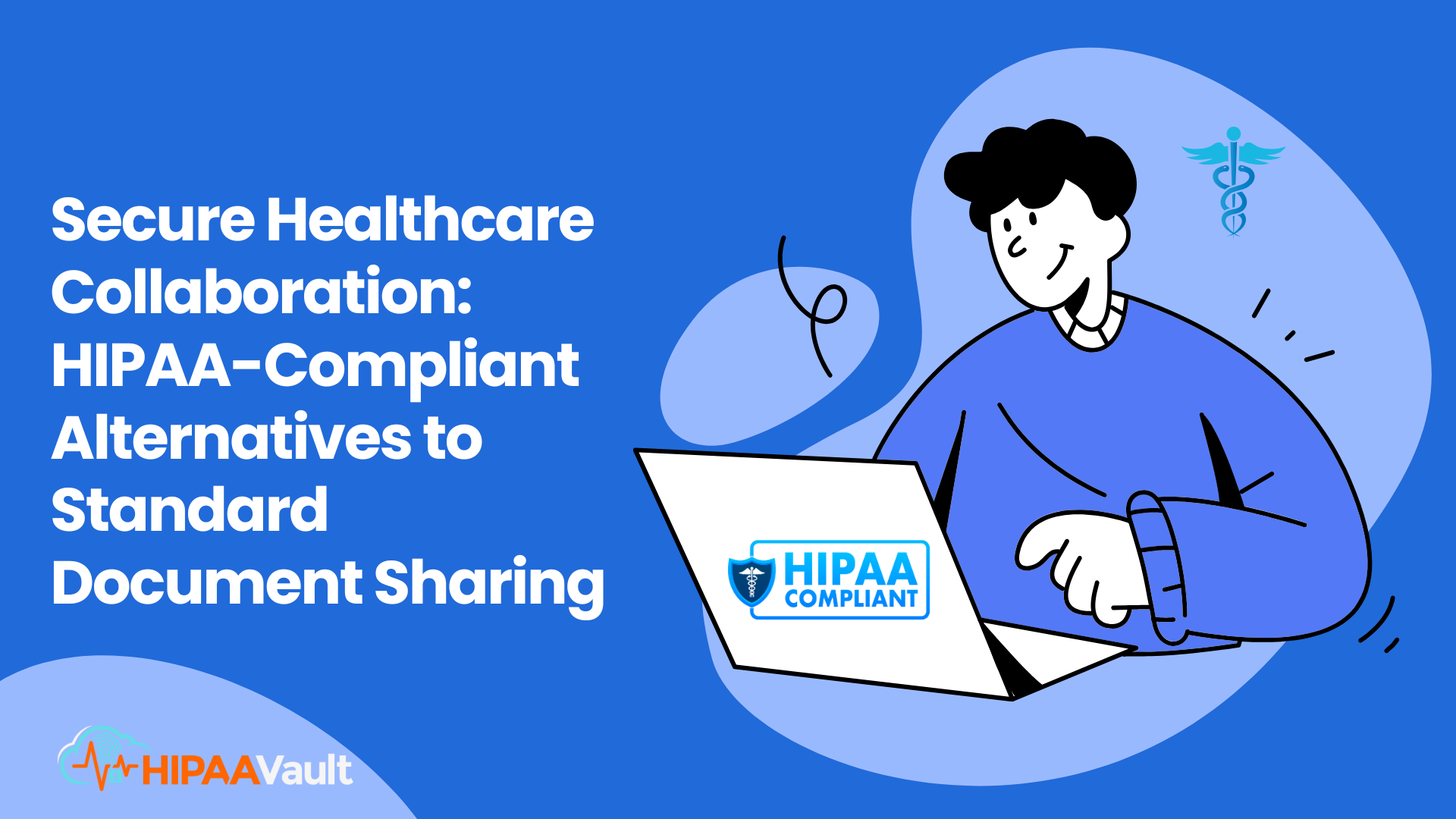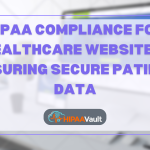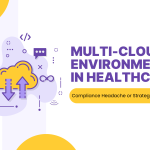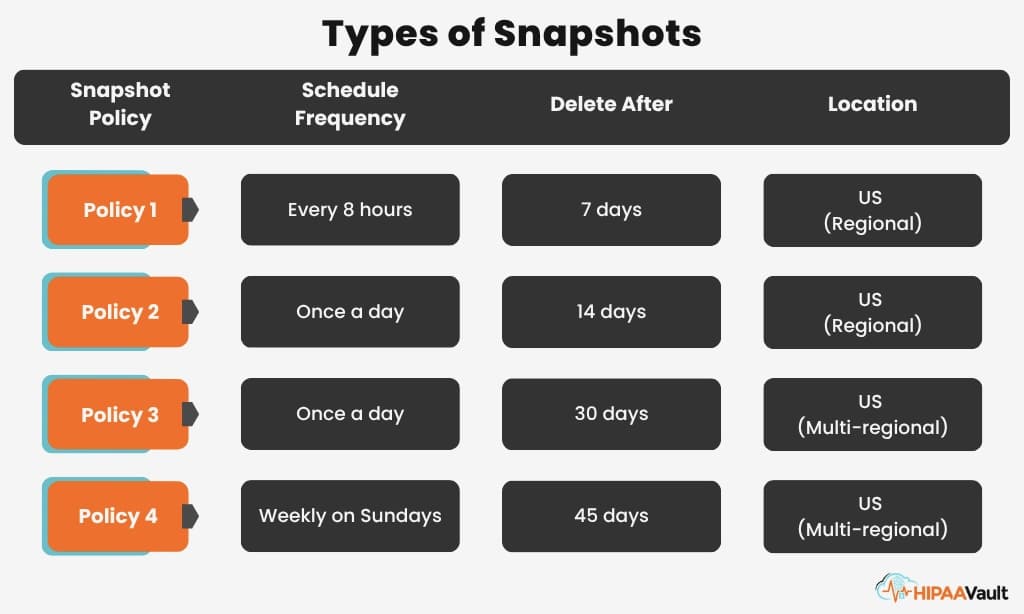As healthcare providers continue their digital transformation, seamless collaboration and data sharing between care teams, patients, and business associates are essential. Yet this collaboration must be balanced with strict HIPAA compliance, especially when handling protected health information (PHI). Traditional document-sharing platforms like Google Drive and Dropbox, while convenient, are not inherently HIPAA-compliant and may put patient privacy at risk if improperly configured or used without the necessary safeguards.
In this article, we’ll explore why HIPAA compliance matters in document sharing, the risks of non-compliant tools, and secure alternatives that protect PHI and streamline healthcare workflows.
Why Standard File-Sharing Tools Pose HIPAA Risks
Mainstream file-sharing services—such as Dropbox, iCloud, and even Google Workspace—are not automatically HIPAA-compliant. These tools may offer strong encryption or secure storage, but HIPAA compliance hinges on multiple factors, including administrative safeguards, proper configuration, and—critically—the signing of a Business Associate Agreement (BAA).
For example:
- Dropbox Business can be HIPAA-compliant, but only when used with a signed BAA and configured to restrict access, monitor activity, and protect PHI in transit and at rest. Without these settings, Dropbox should not be used for PHI. (Dropbox: https://help.dropbox.com/account/data-privacy/hipaa)
- Google Workspace offers HIPAA-compliant services for enterprise customers—but only if a BAA is in place and certain applications, such as Gmail and Drive, are used within a properly secured domain. (Google Workspace & HIPAA: https://support.google.com/a/answer/3407054)
The U.S. Department of Health and Human Services (HHS) clarifies that any cloud-based service storing or transmitting electronic protected health information (ePHI) must be used in a way that complies with HIPAA rules and includes a signed BAA. (HHS Cloud Computing & HIPAA: https://www.hhs.gov/hipaa/for-professionals/faq/2006/what-are-cloud-computing-considerations/index.html)
Without these safeguards, healthcare organizations using these platforms for document sharing could be exposing themselves to serious compliance violations.
HIPAA’s Technical Requirements for Document Sharing
HIPAA does not mandate specific technologies, but it does require healthcare organizations to implement “reasonable and appropriate” security measures when sharing PHI electronically. Under the HIPAA Security Rule, the following technical safeguards must be addressed:
- Access Controls: Only authorized individuals should access PHI, enforced via role-based permissions, unique user IDs, and session controls. (45 CFR § 164.312(a)(1))
- Audit Controls: Systems must track access and activity involving PHI. Audit logs are required to detect unauthorized access or modifications. (45 CFR § 164.312(b))
- Integrity Controls: Measures must be in place to ensure that PHI is not altered or destroyed in an unauthorized manner. (45 CFR § 164.312(c)(1))
- Transmission Security: PHI must be protected when transmitted electronically. Encryption is an “addressable” requirement—meaning it should be implemented if reasonable and appropriate. (45 CFR § 164.312(e)(1))
Contrary to some misconceptions, HIPAA does not require end-to-end encryption. However, encryption at rest and in transit—using standards like AES-256 and TLS 1.2+—is strongly recommended and often necessary to meet the transmission security standard. (NIST Guidelines: https://csrc.nist.gov/publications/detail/sp/800-111/final)
Business Associate Agreements Are Not Optional
HIPAA requires that any vendor handling PHI on behalf of a covered entity must sign a Business Associate Agreement. This document ensures that the vendor will appropriately safeguard PHI, adhere to HIPAA standards, and accept responsibility for compliance.
Using a document-sharing platform without a signed BAA—even if the platform has security features—violates HIPAA. This requirement applies to cloud storage providers, email hosts, and any other third party processing PHI. (HHS BAA Guidance: https://www.hhs.gov/hipaa/for-professionals/privacy/guidance/business-associates/index.html)
HIPAA-Compliant Document Sharing Alternatives
To reduce the risk of a HIPAA violation, healthcare providers should adopt platforms built with HIPAA compliance in mind. Below are secure alternatives with available BAAs and configurations designed for PHI:
- Box for Healthcare: Includes advanced security features like granular access control, detailed audit logs, and 256-bit AES encryption. A signed BAA is available for enterprise customers. (Box: https://support.box.com/hc/en-us/articles/360044194414-Box-and-HIPAA)
- Microsoft 365 (with OneDrive for Business): HIPAA-compliant when properly configured, with access logging, encryption, and administrative controls. Microsoft signs BAAs for enterprise plans. (Microsoft HIPAA Compliance: https://www.microsoft.com/en-us/trust-center/compliance/hipaa)
- Paubox Email Suite: Provides end-to-end email encryption and HIPAA-compliant file attachments. Paubox offers a signed BAA with its services. (Paubox: https://www.paubox.com/blog/hipaa-compliant-email-service)
- Citrix ShareFile: Offers a HIPAA-compliant file-sharing service with granular access controls, secure links, audit logging, and available BAA. (Citrix: https://www.sharefile.com/blog/hipaa-compliant-file-sharing)
For organizations seeking more robust security, HIPAA Vault offers cloud-based file-sharing and SFTP solutions that include end-to-end compliance features and 24/7 managed support.
HIPAA Vault: Built for Secure Collaboration
HIPAA Vault’s file-sharing and SFTP services are designed specifically for healthcare environments. Features include:
- AES-256 encryption for data at rest
- TLS 1.2+ for data in transit
- Role-based access control and logging
- Real-time file monitoring and alerts
- Signed BAA included with every service
Our secure collaboration solutions integrate with existing EHR workflows and support easy sharing of lab reports, imaging, patient intake forms, and more.
Final Thoughts
Using general-purpose tools for healthcare collaboration may be convenient, but it risks HIPAA non-compliance and the potential exposure of sensitive patient data. By implementing HIPAA-compliant file-sharing tools and obtaining proper BAAs, healthcare providers can ensure secure collaboration, protect patient trust, and avoid costly penalties.
When PHI is on the move, make sure your tools are ready for the job.








